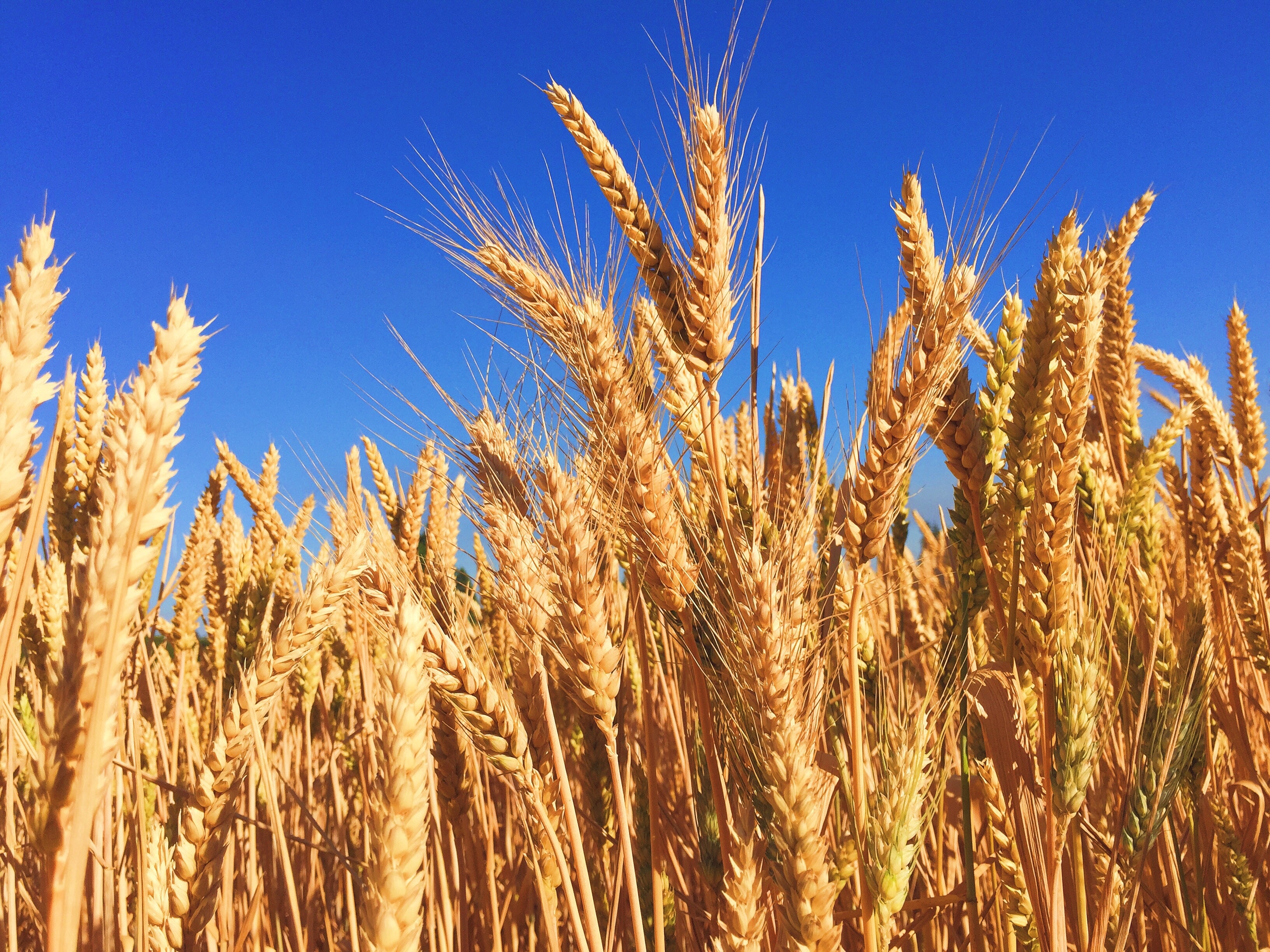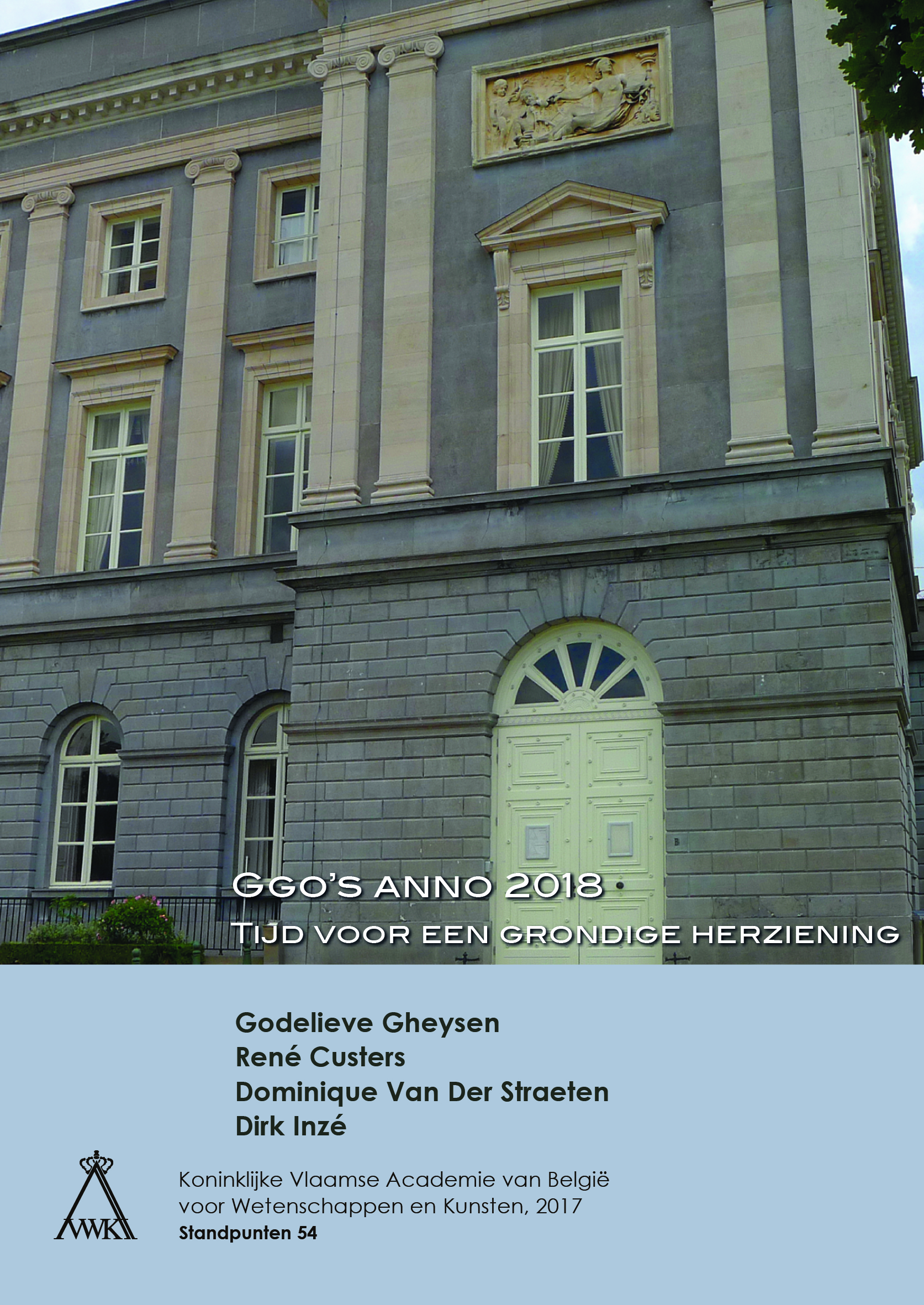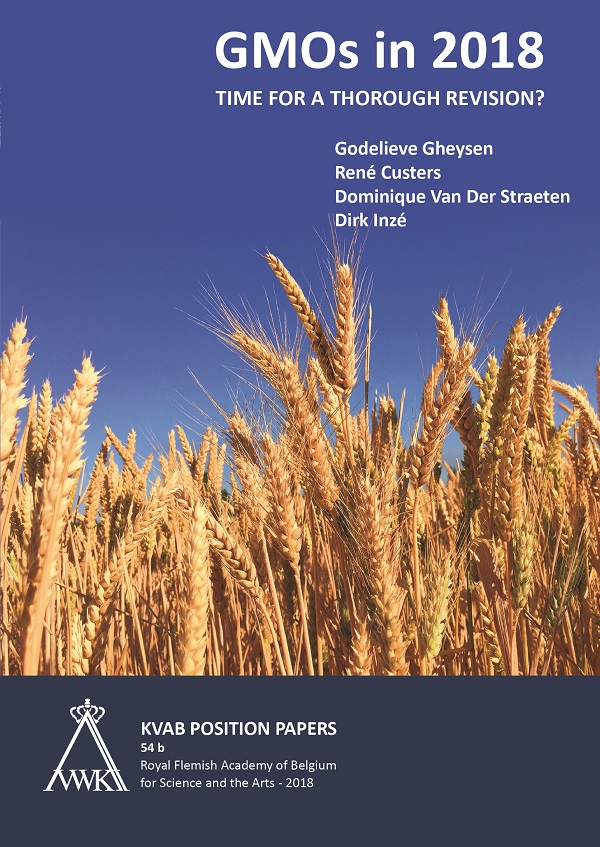GMOs in 2018

Finding a sustainable way of feeding the ever-growing global population
is one of humanity’s greatest challenges in the 21st century. GMO
technology – GMO meaning ‘genetically modified organism’ – is often
named in relation to this, as part of the solution but as an obstacle to
the solution as well. The cause of this contradiction is because the
debate on GMOs often focuses on aspects not related to GMOs themselves:
the debate is about multinationals, monoculture, the use of pesticides
or the negative consequences of GMO legislation in Europe. The GMO
technology is often reduced to specific examples and the current GMO
practices. The European GMO legislation was created late ‘80s and was
revised at the turn of the century. Plants that are identified as GMOs
are considered a distinct category. They are subjected to a more
thorough monitoring than other plants. This was warranted thirty years
ago, due to lack of knowledge and experience but today it leads to a
two-track policy without scientific backing.
The past decennia it has
become clear that GMO technology does not create specific risks for
health or environment in comparison to common food production. For all
living organisms it is possible for the DNA to break and recombine,
similar to the recombination technique in GMOs. Recombinations and
rearrangements can occur spontaneously in the DNA of living organisms.
Both in wild plants as well as in crops, examples have been discovered
of the incorporation of DNA from Agrobacterium, the bacterium that is
frequently used to create genetically modified plants. This emphasizes
the occurrence of natural genetic engineering, and hence indicates that
there is too much contrast between the GMO legislation and the
legislation applicable to other plants. Furthermore, several
disadvantages attributed to GMOs are a consequence of the stricter
regulation and are not due to the GMO technology itself. As a
consequence of the current legislation, GMOs also remain in the hands of
multinational companies and the genetic varieties on the agricultural
market are often limited.
A lot of scientific progress has been made
since the introduction of GMO legislation: new techniques such as genome
editing or precision breeding have been added to the portfolio of plant
breeders. These techniques put a strain on current legislation. Should
crops resulting from these new techniques be subjected to the stricter
legislation? Are there any reasons to strongly regulate the products of
these techniques? In many cases the use of these modern techniques
results in plants that could also have originated from classical
breeding. Since plants obtained by either classical breeding or
precision breeding are indistinguishable, it is difficult to find
scientific arguments for applying strict regulation to crops obtained by
precision breeding.
The focal point is sustainability and how we best
serve this purpose. If we want a greater diversity in seed companies and
robust varieties to make agriculture more sustainable, we urgently need
to incorporate the acquired scientific knowledge on GMO technology into
European legislation. This legislation needs to secure access to new
breeding techniques for smaller companies. Policymakers should feel
backed by scientific research proving that European citizens are not
questioning the technology but rather specific implementations of this
technology.
Available documents
Author
-
Lieve Gheysen
-
René Custers
-
Dominique Van Der Straeten
-
Dirk Inzé



